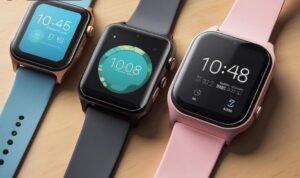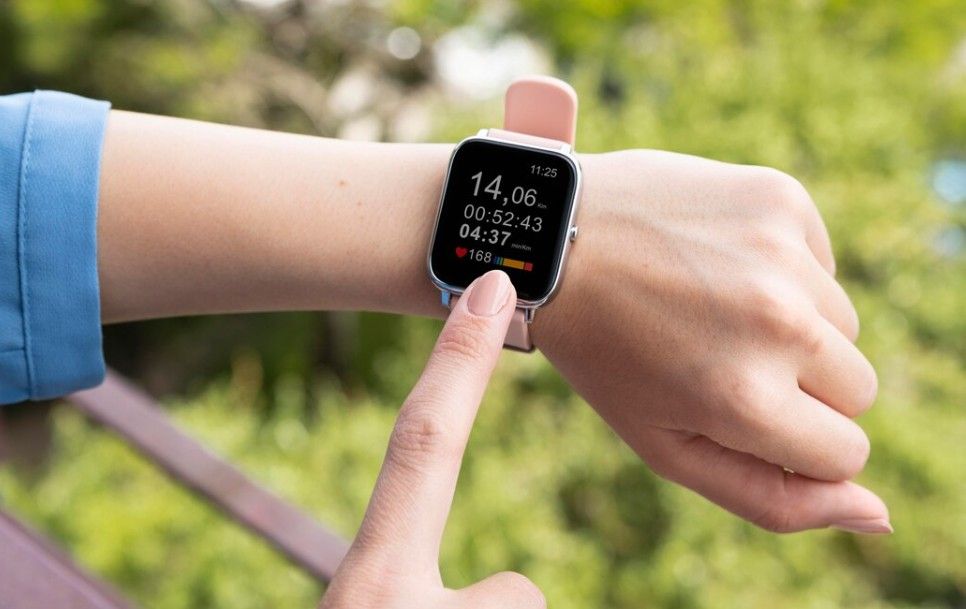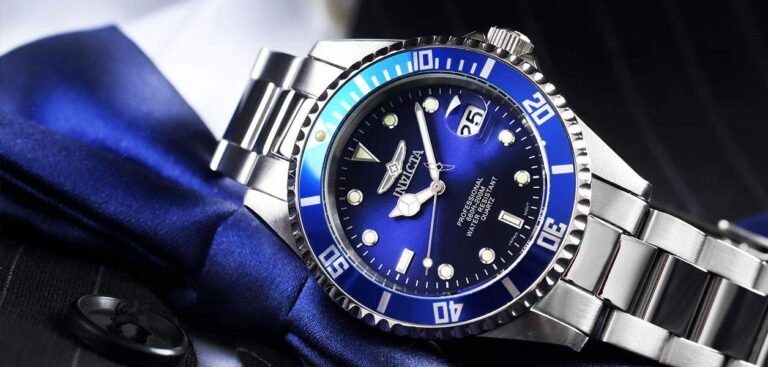Apple Watches have become much more than simple timepieces. For many, they’re essential lifestyle companions offering fitness tracking, health monitoring, and seamless iPhone connectivity. But the big question remains: are Apple Watches worth it for you in 2025?
With each new release, Apple continues to refine its smartwatches, adding features that blend wellness, productivity, and convenience into one sleek device. Whether you’re looking to improve your health, stay connected on the go, or simply enjoy cutting-edge technology on your wrist, the Apple Watch offers something for everyone. In this detailed guide, I’ll walk you through the latest Apple Watch models, their standout features, who should buy one, and who might not need to. Let’s take a closer look.
What Makes Apple Watches Stand Out?
Apple Watches are built to do more than just tell time. They’re designed to help you live a healthier, more connected, and more convenient life. From detecting heart irregularities to letting you pay with a simple tap, each function is meant to make everyday tasks easier and smarter.
Here are the key advantages that make Apple Watches a standout choice in today’s smartwatch market:

1. Health and Safety Features
Apple’s focus on health technology continues to set it apart. The Apple Watch can measure heart rate, detect falls, perform ECGs, and monitor blood oxygen levels. The latest models also include hypertension detection and improved sleep tracking powered by watchOS 11.
These features aren’t just impressive; they can be life-saving. The watch alerts you to irregular heart rhythms or dangerous conditions like low oxygen levels, which can prompt timely medical attention.
2. Fitness Tracking and Motivation
Whether you’re a casual walker or a marathon runner, Apple Watch’s fitness tracking is top-notch. It accurately tracks workouts, calories burned, steps, and even your VO₂ max level.
You can set daily activity goals and get reminders to stand, move, and exercise throughout the day. For serious athletes, the watch’s GPS precision and integration with Apple Fitness+ make it a powerful training companion.
3. Seamless iPhone Integration
If you’re an iPhone user, no smartwatch integrates better with your device than the Apple Watch. You can answer calls, reply to messages, receive notifications, control music, and use Apple Pay — all from your wrist.
That seamless connection eliminates the need to reach for your phone constantly. For professionals, this can mean fewer distractions and more efficient communication during the day.
4. Convenience and Connectivity
With the cellular models, you can leave your iPhone behind and still stay connected. Make calls, send texts, stream music, and use maps independently — perfect for workouts, travel, or quick errands.
Meanwhile, the haptic feedback feature ensures you never miss important notifications. Subtle wrist taps can alert you to incoming messages, calendar events, or even turn-by-turn navigation.
Apple Watch Comparison Table (2025 Models)

| Model | Starting Price | Key Features | Battery Life | Ideal For |
| Apple Watch Series 10 | $399 | ECG, Blood Oxygen, Hypertension Detection, Always-On Display | 18 hours | Health-conscious users |
| Apple Watch SE (2nd Gen) | $249 | Core tracking, Fall Detection, Heart Rate Monitoring | 18 hours | Beginners or budget users |
| Apple Watch Ultra 2 | $799 | Titanium case, Dual-frequency GPS, 100m Water Resistance | 36 hours | Adventurers & athletes |
The Series 10 balances value and features for most users, while the Ultra 2 is tailored to extreme conditions and performance-driven users. The SE offers essential functionality for those seeking affordability without missing Apple’s ecosystem.
When Is an Apple Watch Worth It?

1. You Value Health Insights
If you take health seriously or have specific medical concerns, Apple Watches are absolutely worth it. Features like ECG, fall detection, and blood oxygen tracking provide real-time data to help you stay proactive about your well-being.
2. You’re Deep in the Apple Ecosystem
For those who already own an iPhone, AirPods, or a Mac, the Apple Watch completes the experience. It syncs seamlessly, extending your phone’s core functions right to your wrist.
3. You’re Active or Training Regularly
Fitness enthusiasts will appreciate the precision of the workout app and GPS tracking. It supports detailed metrics for running, cycling, swimming, yoga, and more.
4. You Want Freedom from Your Phone
With a cellular Apple Watch, you can leave your phone at home and still stay connected. Whether you’re on a hike, at the gym, or walking the dog, the convenience is undeniable.
When an Apple Watch Might Not Be Worth It

1. You’re on a Budget
Apple Watches are premium devices, with even the base model costing more than many competitors. If you just want basic step counting and sleep tracking, brands like Fitbit or Amazfit offer similar features for much less.
2. You Don’t Use an iPhone
This is crucial: Apple Watches only work with iPhones. If you’re on Android, the watch won’t function properly, so it’s not worth buying unless you plan to switch devices.
3. You Prefer Simplicity
Some users find constant notifications distracting. If you prefer a minimalist lifestyle, a basic analog or digital fitness band may serve you better.
Comparing Apple Watch with Other Smartwatches
| Feature | Apple Watch Series 10 | Fitbit Versa 4 | Samsung Galaxy Watch 7 |
| Compatibility | iPhone only | iPhone & Android | Android & iPhone (limited) |
| Health Tracking | Advanced (ECG, BP, SpO₂) | Basic heart rate & sleep | Advanced (BP, ECG, SpO₂) |
| Battery Life | Up to 18 hours | Up to 6 days | Up to 2 days |
| App Ecosystem | Extensive via App Store | Limited | Strong via Google Play |
| Price Range | $249–$799 | $199–$249 | $299–$449 |
If you prioritize health accuracy and integration, Apple wins. If you want long battery life, the FitBit is superior. Samsung’s Galaxy Watch sits somewhere in between, especially for Android users.
The Verdict: Are Apple Watches Worth It in 2025?

In most cases — yes. Apple Watches are worth it if you use an iPhone and want a high-quality smartwatch with reliable fitness, health, and convenience features. They’re also an excellent long-term investment since Apple’s ecosystem ensures ongoing updates and app support.
However, if you’re not into fitness, don’t own an iPhone, or are trying to save money, there are cheaper options that cover the basics.
Ultimately, the value of an Apple Watch depends on how much you’ll use its advanced capabilities. For someone who values seamless connectivity, motivation to move, and proactive health tracking — it’s one of the best wearables available today.
Also Read: are bulova watches good
FAQs
1. Do Apple Watches work without an iPhone?
You’ll need an iPhone to set up and use most features. Cellular models can work independently for calls, messages, and streaming, but you still need an iPhone for activation.
2. How long do Apple Watches last?
Most Apple Watches perform well for 3–5 years before battery or software limitations become noticeable. Regular updates and careful charging can extend their life.
3. Are Apple Watches waterproof?
They’re water-resistant, not fully waterproof. You can swim or shower with most models, but avoid high-pressure water or diving beyond recommended depths.
4. Can I use Apple Watch for medical purposes?
While Apple Watches provide accurate health insights, they’re not medical devices. They’re designed to complement, not replace, professional medical evaluations.
5. Which Apple Watch is best for beginners?
The Apple Watch SE (2nd Gen) offers the best balance of price and features. It’s reliable for everyday health tracking and works perfectly with any iPhone.
Final Thoughts
If you’re asking, “are Apple Watches worth it?”, the answer largely depends on your lifestyle and tech preferences. For iPhone users who want a polished, health-focused smartwatch experience, the Apple Watch remains unmatched in 2025.
It delivers value not just through its technology, but through peace of mind — knowing you’re connected, active, and informed wherever you go.











